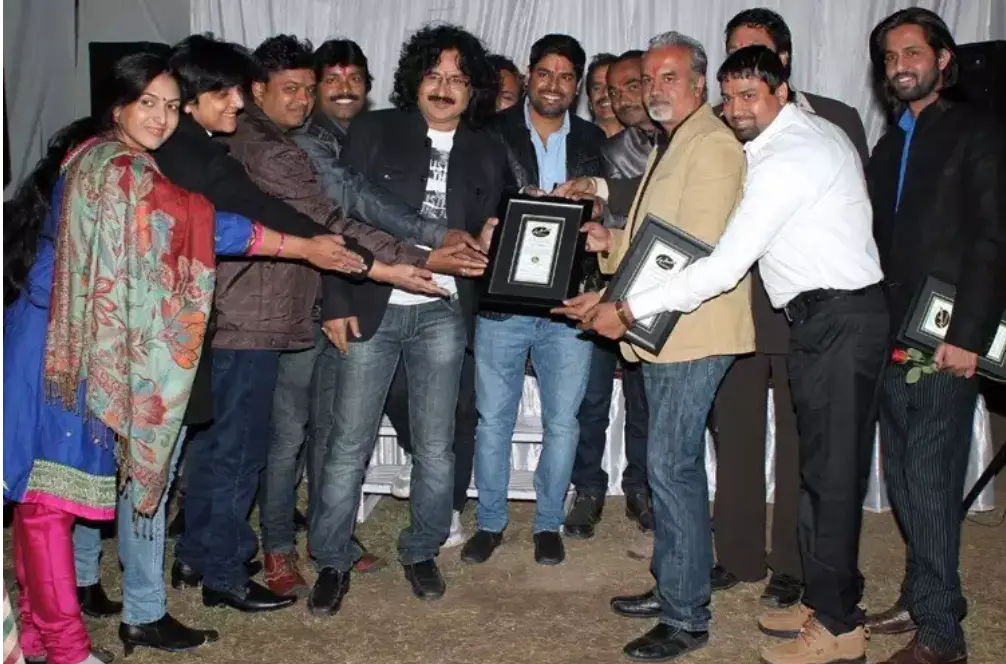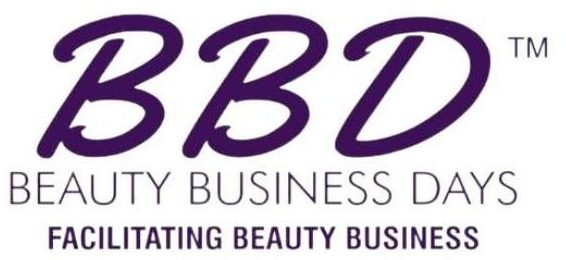Ashok Paliwal, a visionary leader in India’s Salon industry and newly appointed President of HBO Rajasthan, shares his journey, insights, and aspirations. From uniting the sector during COVID to advocating for beauticians nationwide, his transformative vision highlights education, innovation, and unity, aiming to elevate India’s beauty industry to global heights.
Alisha: First of all, congratulations on your appointment as the President of HBO Rajasthan. How do you feel about this role?
AP: Thank you! I feel truly honored. Taking on such a position naturally comes with increased responsibilities, and it changes the way we think and act. It requires constant adjustment to ensure we fulfil the expectations and responsibilities entrusted to us. Some responsibilities are personal, while others are at the state or national level. In public life, we need to approach our work differently—thinking deeply about how we communicate, organize, and carry out our duties. Each responsibility calls for a unique perspective and approach.
Alisha: How do you intend to foster education and unity within the hair and beauty sector in Rajasthan?
AP: Education is already being disseminated effectively. Many entities, including cosmetic companies, event organizers, and academies like ours, are collectively contributing through seminars and workshops. However, I believe one critical element is missing—unity.
India has immense potential in the hair, beauty, wellness, and cosmetic industries, with over 10 million people involved. Despite this, we are unable to showcase ourselves as a collective force. We come together occasionally, but we lack a united platform and a strong sense of cohesion. This sense of unity is something we need to foster.

Alisha: What do you think is the reason people aren’t coming together?
AP: There are several reasons—social, economic, and also the inherent nature of our business. Unlike industries such as factories or government sectors, where workers share similar challenges, our industry is highly individualized. Salon owners and beauty parlours operate independently, making decisions on everything from which cosmetics to use, pricing, rules, and even salary structures. This personalization creates a mindset where individuals feel self-sufficient and see no need for collective support.
That said, I truly believe the people in our industry are cooperative. Many express a desire to unite, and this is evident in the existence of numerous associations working across India. While these associations work well together, the kind of visible unity that we need is still lacking. With concerted efforts, we can definitely bridge this gap.
Alisha: Specifically, how do you plan to achieve this in Rajasthan?
AP: Certainly. In Rajasthan, we’ve been working towards uniting the industry for decades—In my hometown, Udaipur, we established the ‘Lake City Beauty Club’ for women running salons and beauty parlours around the year 2000 and it continues to function effectively.
Additionally, we organized and strengthened associations for barbers and other professionals in the field. The Hair and Beauty Organization (HBO) of Rajasthan, which I currently preside over, was created to unite people across the state. Through this organization, we’ve conducted seminars, workshops, and both national- and international-level sessions. We’ve invited educators from India and abroad, organized campaigns, and worked diligently to foster unity and promote education.
As a result of these efforts, many salons in Udaipur and Rajasthan have witnessed rapid growth and development.
Alisha: What do you aim to achieve, not just for Rajasthan but for India as well?
AP: During the COVID pandemic, we united the beauty industry through a WhatsApp group, “Save Salon India,” to advocate for salons as safe, hygienic spaces and convey our concerns to the government. This initiative evolved into the Hair and Beauty Federation India (HBF), a national organization launched at the Professional Beauty Expo in Delhi.
HBF’s executive committee, where I serve as President alongside Secretary Nirmal Randhawa and other prominent members, has connected over 60 associations across India. Our next step is hosting a national conference to draft a comprehensive report addressing industry challenges and proposing solutions for government support. Following this, we plan to form a national committee to present our demands with a unified voice.
We also aim to organize workshops and educational programs to empower young talent with global exposure, enabling them to represent India in international competitions. Our community is committed to honest, ethical work, contributing to both national pride and public service. The dual purpose of earning a livelihood while serving society defines the unique essence of our industry.
Alisha: It was wonderful sharing these thoughts with you. Your admiration for uniting the industry at both international and national levels is deeply appreciated. This is no small feat, but I am confident it is achievable.
AP: Unity is our strength—if we stand together, we will thrive. But if we continue to fight, argue, and divide, progress will remain out of reach. To move the country forward, we must unite. Thank you very much.








